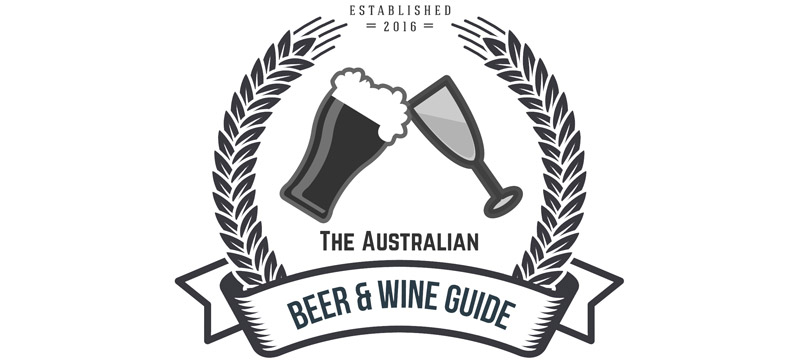Can I enjoy a red wine (or two) at night yet still keep in good physical shape? Do I need to eliminate wine from my diet in order to win the battle of the bulge? If I can’t see the calories, does that mean they don’t exist? Is red wine fattening, or is it just the mirror playing tricks with my mind? These kinds of questions often arise prior to embarking on a weight loss or health regimen but before you throw out that untrustworthy mirror, let’s examine the facts and consider incorporating sensible wine drinking practices into your daily ritual.
According to nutritional consultants, the news is good for those who drink red wine in moderation. There is a ‘sweet spot’ in red wine consumption that can be reached for maintaining a healthy weight. Some research even claims that enjoying a glass of wine most nights of the week will increase good cholesterol and help you live longer.

Red wine – a digestive aid
A recent American Journal of Clinical Nutrition research paper supports red wine as a healthy beverage. The study found that antioxidants contained within red wine are a great digestive aid.
It’s understood that only half of the antioxidant polyphenols found in red wine are absorbed during initial digestion, leading many people to consider red wine unhealthy at first glance. However, researchers examining red wine drinkers over a 20 day period discovered that the initially unabsorbed polyphenols are later used as food by good bacteria in the digestive tract. This improved metabolism resulted in faster fat burning by study participants, who also noted improvements in cardiovascular function.
The bottom line is that there are both good and bad bacteria located in the digestive tract. Increasing good bacteria and eliminating bad bacteria is a common thread amongst nutritionists and medical practitioners, with many health products on the market to back up their claims. Known health benefits of good digestion include weight loss, a decrease in type 2 diabetes, and less incidence of inflammatory bowel disease. In other words, a leaner you is a healthier you, and red wine enjoyed in moderation can even assist your weight loss goals.
Staying healthy while enjoying wine
Here are some red wine drinking tips that will keep you in shape without the need to give up your nightly tipple.
Understanding calories
Depending on your red wine of choice, you will be taking somewhere between 130-190 calories per glass. The good news is that we digest alcohol differently than food, with much of the alcohol released instead of being stored within the body where it could transform into fat. One or two glasses of red wine per day shouldn’t have any negative effects related to weight gain.
Eat first, drink later
Many people like to have a glass of red wine while they cook, or for relaxation before dinner. There are a couple of problems that arise with these routines. Firstly, drinking before a meal is known to increase appetite. Secondly, even a slight sensory impairment caused by the wine buzz can lead to a misjudgement of your appetite and lessen willpower to resist overeating. Wine is also not absorbed very effectively on an empty stomach.
Use wine as a reward
Many people drink wine to relax after a harried day at work. Another great way to de-stress is by going for a walk in the early evening. Why not get the best of both worlds by enjoying both pastimes. Walking increases metabolism, stimulates the mind, removes stress and exercises the body. A glass of red wine will also increase metabolism for more than an hour. A half hour walk followed by a glass of red wine will have you feeling healthy, toned and relaxed.

Spend more and drink less
By placing the appropriate value on quality red wine, you will feel less inclined to down the entire bottle’s contents in one sitting. Great wine is also a fine way to entertain friends, so it’s worth considering spending a few extra dollars and sharing the bottle during a special occasion. Good red wine is appreciated as much for its exquisite flavour as it is for the inebriating affect, and savouring the experience can be spread out over a number of days.
Nutritional benefits of wine
- Manganese (10%) provides antioxidants that benefit the brain, nervous system and liver
- Potassium (5%) keeps your heart beating strongly
- Iron (4%) delivers oxygen all around the body
- Vitamin B6 (4%) is a great source of energy
- Vitamin B2 (3%) assists oxygen distribution
- Phosphorus (3%) promotes bone strength and helps digestion
- Choline (2%) aids memory and liver functions
Just because you enjoy red wine it doesn’t mean you have to become a couch potato. Living a full life that includes regular light exercise is something that will benefit red wine drinkers and teetotalers alike. You might even begin to notice that the mirror is working properly again.





No Comments